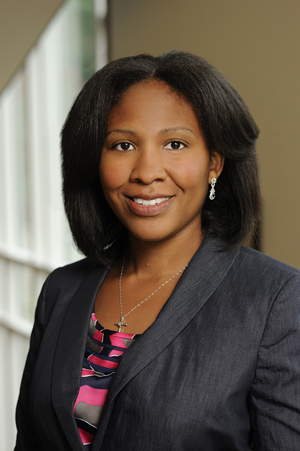My first patient living with HIV came to me when I was a new nurse in a Chicago hospital. My patient was a petite woman in her mid-forties with long dark hair. She had been admitted with HIV-related complications from pneumonia. Often her small private room was crowded with family, friends, and loved ones. Her 2-year-old granddaughter was frequently curled up on her lap while her oldest daughter stood anxiously by trying to collect any information she could regarding her mother’s condition.
The care of this patient was a bit different from the traditional. Medications for HIV had to be carefully scheduled for times when friends and family were not around. During reports from physicians and nurses about her condition, we were careful not to speak of her HIV positive status or document it on anything that might be visible to others. This was because although my patient had been living with HIV for over 10 years, she had yet to disclose her status to anyone in her life.
Outside of coordinating her care during the few times she was alone, keeping her HIV status hidden was not a big issue. With HIPAA, all health information was protected anyway. However, in my experience, most patients disclosed their health conditions to those close to them, and we were free to discuss the patient’s care in their presence. Nevertheless, I had a responsibility to my patient to protect her privacy and confidentiality. But what responsibility did I have to her sex partner?
During her care, my patient let me know she had recently begun a new relationship. They were currently sexually active but he was unaware of her status. Knowing that HIV is a sexually transmitted disease, I found myself in an ethical dilemma. He was faithfully by the bedside day in and day out. Should she at least disclose to him? Should I encourage her to do so during her stay? Should I say something to him privately?
Disclosure of a health condition is a complicated and personal process. This is often further challenged by conditions like HIV that are highly stigmatized. Currently, I work with churches to support prevention of HIV and care of people living with HIV. Although pastors and other church members can often serve as trusted confidants in many illnesses by offering encouragement, prayers, and other coping resources, HIV disclosure remains a particularly difficult condition to address in this setting. As a nurse, I am frequently assisting churches, nurses, and health care professionals in supporting disclosure of HIV, and in maintaining privacy in an ethical and compassionate manner.
As nurses, we all must grapple with privacy and disclosure. Understanding first and foremost that we have the obligation to protect the privacy of our patients is key. Beyond that, knowing that everyone goes through a unique process of disclosure is also important.
Individuals with HIV may disclose upon diagnosis or choose to never reveal their status. As health care professionals, we are faced with these decisions every day. My desire is to encourage people to seek out the support they may need for disclosure, care for them as they face potential rejection, and encourage them to make decisions that will keep their loved ones safe.

Despite the conversations I had with my patient about the potential benefit to her partner and loved ones in disclosing her HIV status, she chose not to during her hospital stay. My hope, however, is that she got one step closer to sharing that piece of information with the people that crowded her hospital room every day. I can certainly say that I got one step closer to understanding the complexity of the ethics of HIV disclosure.
ABOUT THE AUTHOR: Jennifer Stewart, PhD, RN
Jennifer Stewart’s work focuses on community-based, mixed-methods approaches to HIV risk reduction in underserved populations. This work has focused primarily on engaging African-American churches as partners in development and implementation of HIV risk-reduction interventions. Dr. Stewart is currently funded to look at factors supporting implementation of a church-based risk intervention for young adult African-American women.
